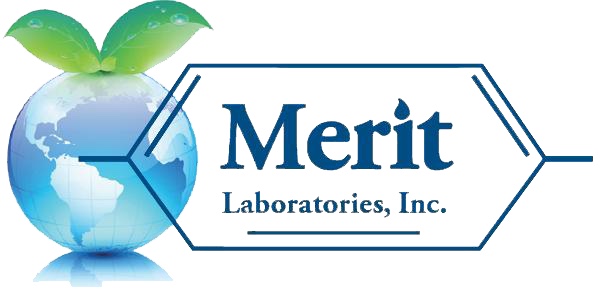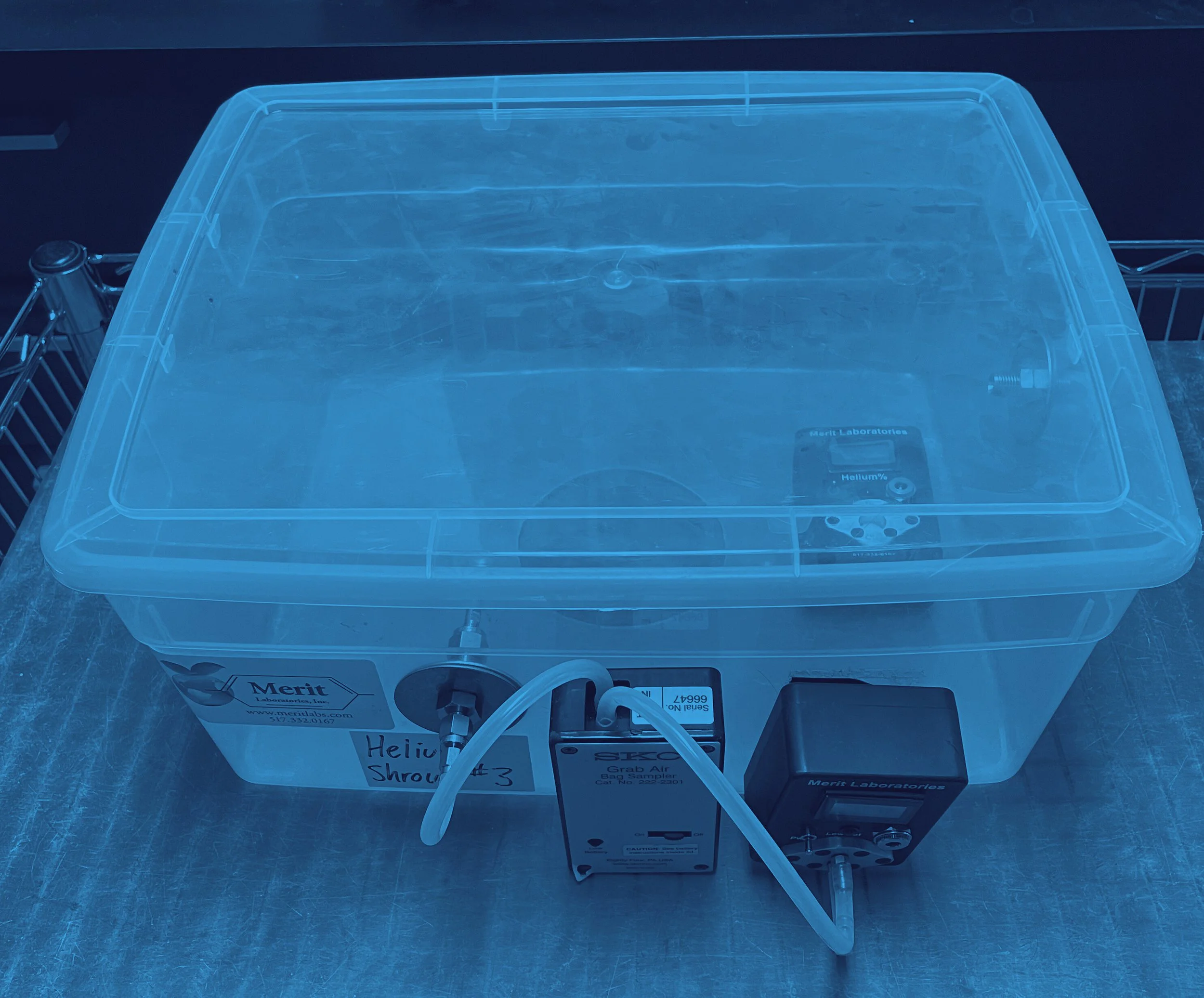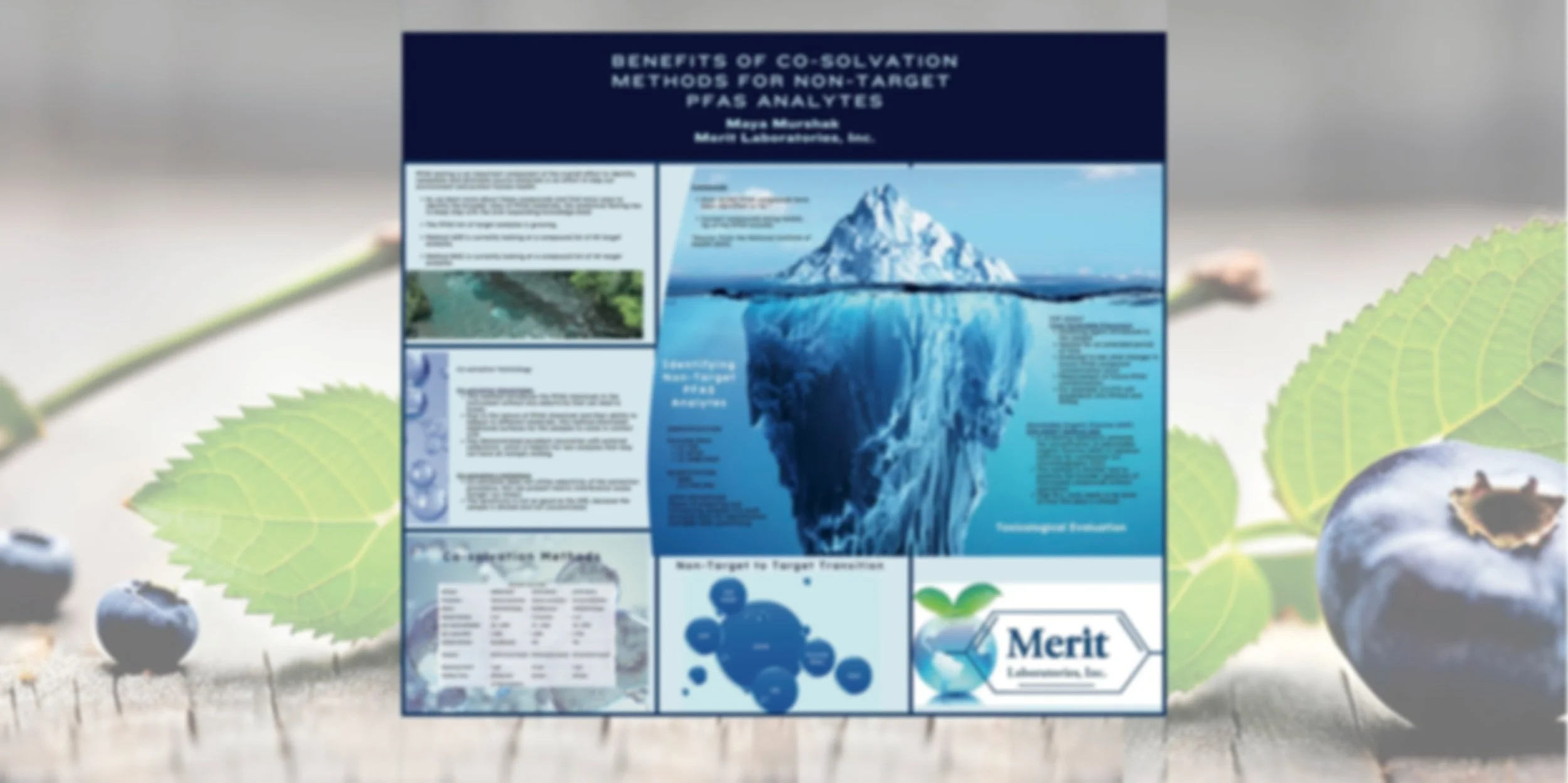Four new compounds have been added to the State of Michigan’s minimum laboratory PFAS analyte list, bringing the total to 28. The list is maintained by the Michigan Department of Environment, Great Lakes, and Energy (EGLE) for the testing of drinking water, groundwater, surface water, wastewater, soil, and landfill leachate.
State of Michigan Awarded $1-Million CDC Grant to Study Health Outcomes from PFAS Contamination in Drinking Water
The Michigan Department of Health and Human Services (MDHHS) is the recipient of a $1-million grant to investigate the relationship between drinking water contaminated with PFAS and health outcomes. The grant was awarded by the Centers for Disease Control (CDC) and the Agency for Toxic Substances and Disease Registry (ATSDR).
Michigan Moving Forward with Draft MCLs for PFAS in Drinking Water
The Michigan PFAS Action Response Team (MPART) formally recommended to move forward with establishing draft maximum contaminant levels (MCLs) for PFAS compounds in drinking water. The recommendation was made by unanimous vote by MPART’s board on September 27, 2019 in Lansing. The MPART board is recommending the following health-based MCLs for seven PFAS compounds.
Report from EWG shows that Chemical Manufacturers Knew of the Risks Associated with PFAS more than 60 years ago
As the nation’s PFAS contamination problem continues to grow, a report recently released by the Environmental Working Group states that PFAS manufacturers have known about the risks associated with these chemicals for more than 60 years. The report documents studies and internal memos with a timeline that begins in 1950. PFAS manufacturers 3M and DuPont are the focus of the report.
State of Michigan Releases First PFAS Sampling of Drinking Water Supplies Report
The Michigan Department of Environment Great Lakes & Energy (EGLE) has released its report detailing a massive state-wide PFAS drinking water sampling program that began in April 2018. The report, PFAS Sampling of Drinking Water Supplies, presents findings of EGLE’s sampling efforts from more than 1,700 facilities.
Wisconsin's Largest PFAS Clean-up Program on Tap
Groundwater contaminated with PFAS in Marinette, Wisconsin is slated for environmental remediation. Marinette, a small town located in northeastern Wisconsin, is home to the headquarters of the Tyco Fire Products unit of Johnson Controls, Inc. (JCI). According to the Wisconsin DNR, the Marinette PFAS remediation will be the most expensive PFAS cleanup in the state. Some estimates place the cleanup effort at more than $140-million.
Michigan PFAS Drinking Water Rules Moving Forward
Moving Michigan forward on PFAS drinking water regulations, the Science Advisory Workgroup recently provided its health-based values to the Michigan PFAS Action Response Team (MPART). These PFAS health-based values will be used by the State of Michigan to develop regulatory drinking water standards.
At Last! EPA Finally Validates PFAS SW-846 Method 8327
The U.S. Environmental Protection Agency (EPA) finally validated EPA SW-846 Method 8327 for the analysis of PFAS using LC/MS/MS instrumentation for non-potable water. Sample matrices for EPA 8327 include surface water, groundwater water, and wastewater. The method evaluated 24 PFAS compounds.
U.S. Congressional Bill Introduced to Require Water Monitoring for PFAS Receives Hearing
The congressional bill recently introduced that would require the U.S. Geologic Survey to monitor for PFAS received a hearing on June 13th. The PFAS Detection Act, introduced in March, authorizes the U.S. Geologic Survey and the U.S. EPA to coordinate and develop PFAS testing standards. The bill requires that the USGS monitor for PFAS nationwide in water through a five-year, $45-million program.
Michigan EGLE PFAS Map Tracker Confirms Growing Number of PFAS Contaminated Sites
Residents can now track the locations of PFAS sites in Michigan, which continues to grow. According to the most recent update to the PFAS Map Tracker from the Michigan EGLE (formerly MDEQ), the number of confirmed PFAS contaminated sites has grown to 52. The PFAS site map shows sites spread across Michigan.















